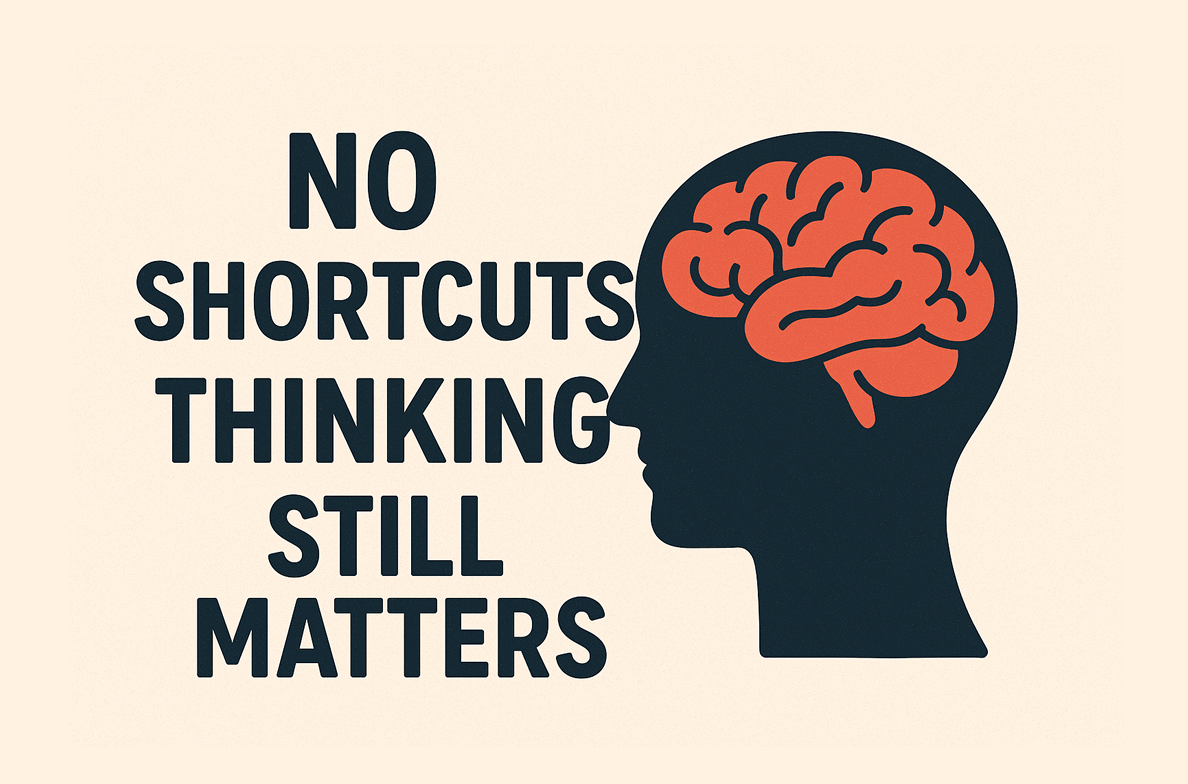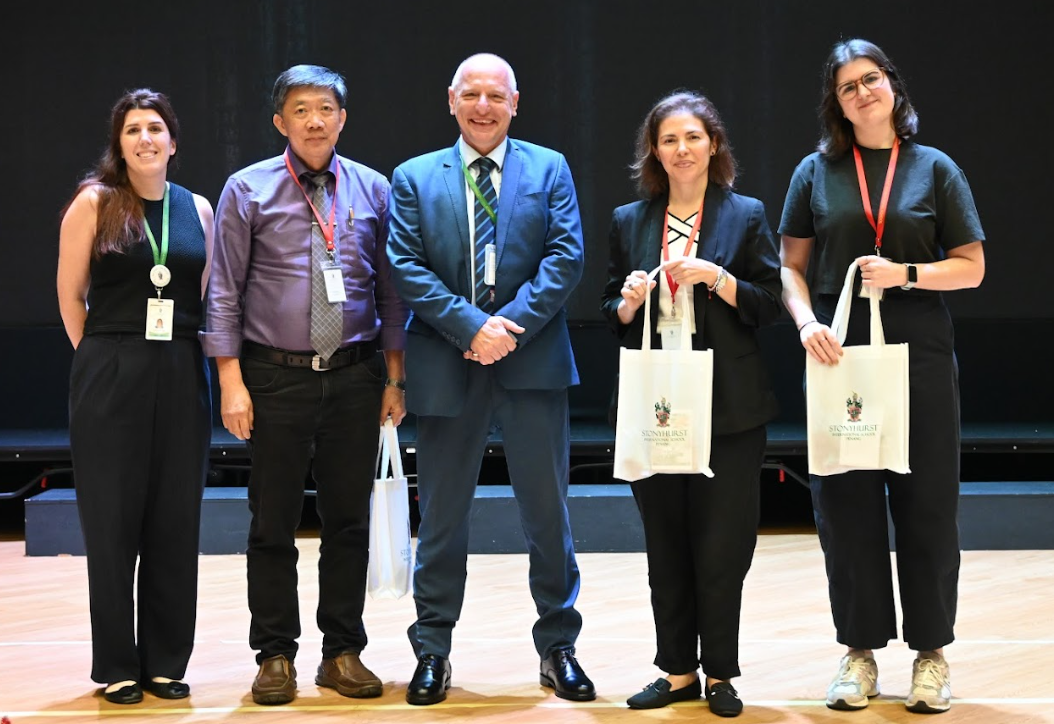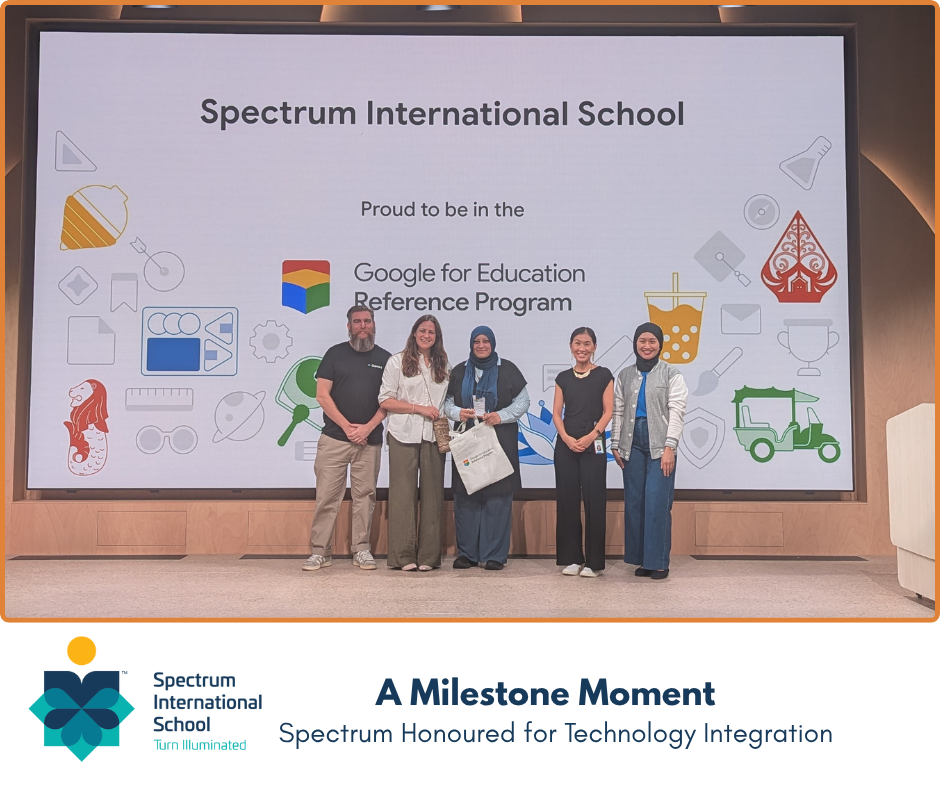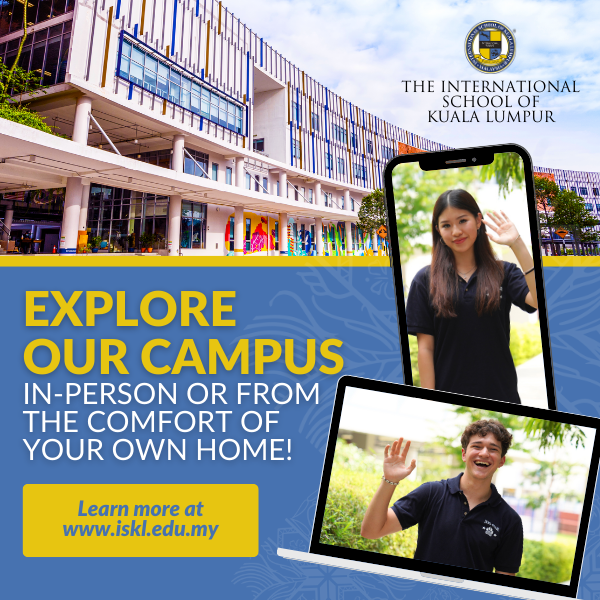Describe yourself in three words.
Independent, competitive, enthusiastic.
What are your favourite subjects and why?
My favourite subject would be A Level Politics because we regularly debate and discuss on global issues, particularly in Year 13 when we study Global politics. Furthermore, I enjoy being able to apply political theories to the modern-day context and in different regions around the world. Studying Politics encourages us to be aware of other parts of the world and the range of issues global governance institutions face every day.
What kinds of extracurricular activities do you do and why?
My extracurricular activities range from sports to drama. I play for the U18s netball team. Sports is my way of destressing from exams and work, as well as have fun and bond with my teammates. In addition, I performed in 3 school plays at my time here in Epsom. Acting on stage puts me in someone else’s shoes, which is relaxing because I can forget about my stress at that point in time.
What opportunities has your school given you that you would not have had otherwise?
I’ve achieved a distinction at Grade 8 for English Speaking Board qualification, which is not offered anywhere else in Malaysia. It helped me develop and improve my public speaking skills, which are vital in university and in my future career.
If you could change one thing about being a student at your school, what would it be?
As most students would agree, I would not want Saturday school anymore.
Describe your school in three words.
Diverse, engaging, riveting.
What do you hope to do when you finish school?
I hope to continue to pursue my academic interest in politics and aim to study PPE in university.
What do you think is the biggest problem with the world today? What can you do about it?
The biggest problem we face today is the threat of terrorism. The fear of states from terrorist attacks has fuelled the hatred for different races across the globe. It has hampered attempts at further international cooperation, despite governments of states not responsible for an individual group’s attacks on other countries. It has influenced countries to become more defensive and less open to global integration. In addition, terrorist attacks by individuals have shaped the opinions of others on a whole race. In order to solve this, I believe that states must collaborate and recognise that cooperation and pooling resources are the best way to solve this, rather than using defence mechanisms diverting countries further away from global cooperation.


































